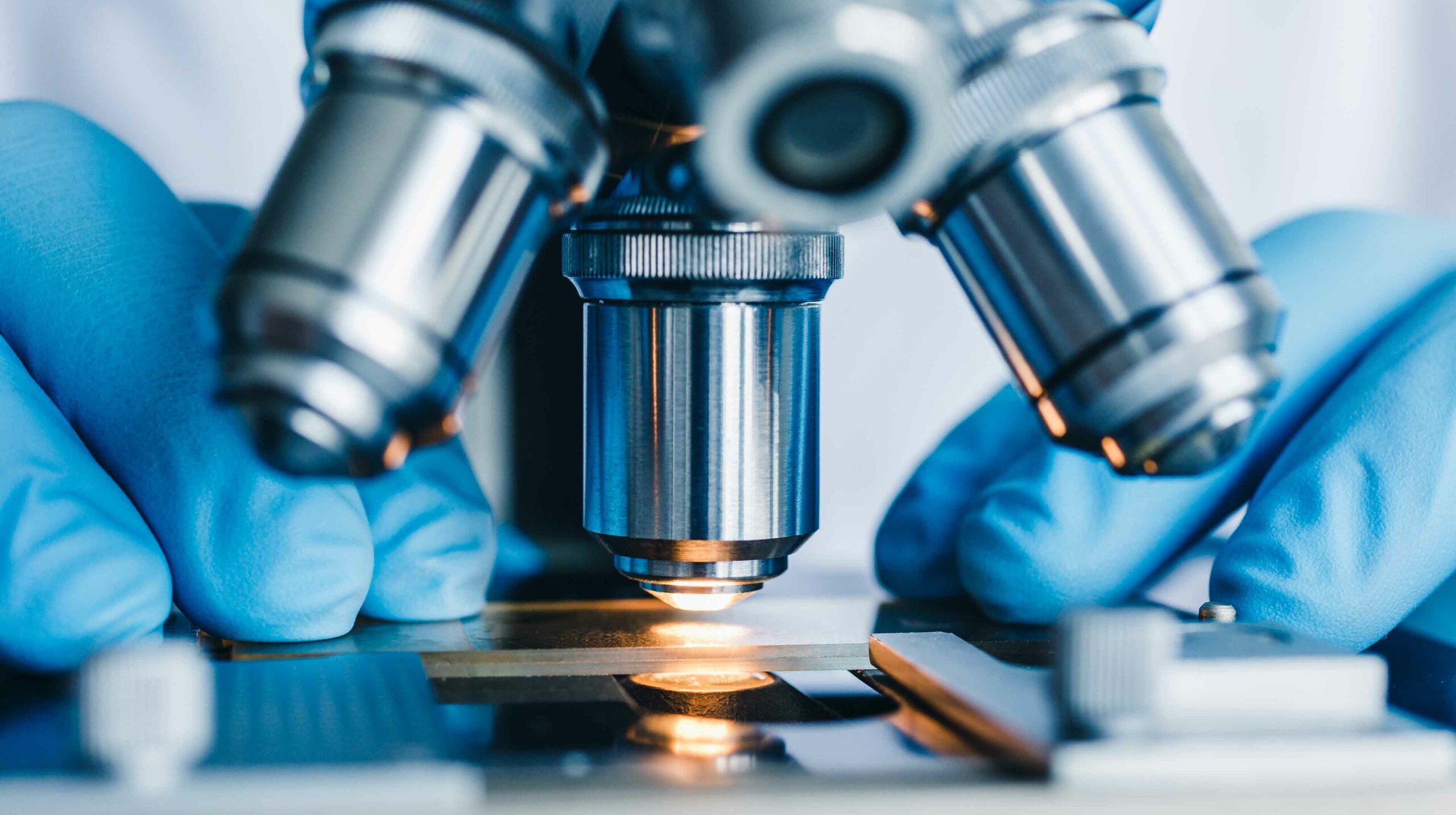Quick CV Dropoff
Send us your CV

The EU Medical Device Regulation came into force on May 26 2021, and the In-Vitro Diagnostic Devices Regulation from 26 May 2022. The regulations reflect the developments in the sector over the past 20 years – new medical devices must comply with the new regulations when they come to market. Similar regulations exist in the USA, via the FDA.
The regulations cover manufacturers, authorised representatives, distributors and importers, although it is manufacturers who bear the biggest burden of compliance. For the EU regulations, there is a general recommended approach for compliance, although this will change slightly from product to product. In essence, the overall formula looks like this:
As you can see from this list, step 4 is to complete a clinical evaluation. This requires professional who understand the scope of the new regulations and how they apply to managing new devices. It is important both legally and for wider patient safety that the regulations are met.
What is clinical evaluation?
Clinical evaluation is the part of the process that ensures that new devices fulfil the relevant requirements of the regulations. Evaluators need to take into account the classification of the device, whether the device is completely novel, or is an upgrade of an existing device. They also need to assess the quality and amount of published clinical data available on similar or related devices. For EU regulations, there is also a panel of experts that evaluators can consult.
Need to hire clinical evaluators?
Currently, there are not enough trained clinical evaluators to meet demand from device manufacturers. As it is such a niche job, it requires particular skills and expertise:
As our recent salary survey shows, clinical recruitment is currently a candidate-driven market, with employers understanding that they need to put together highly competitive salary and benefits packages in order to encourage the best standard of applicants.
For candidates, the best opportunities are for those who are already trained in the new regulations, or who are prepared to undertake relevant training – usually delivered by the Regulatory Affairs Professional Society (RAPS).
Employers also need to work with knowledgeable and focused recruitment partners, whose job is to match their requirements with a pre-qualified network of potential candidates and help hirers to be confident about the quality of candidates applying for their roles. By partnering with an agency that specialises in clinical and pharmaceutical recruitment, employers are giving themselves a head start in recruiting experienced, serious candidates.
To discuss anything you read here or to speak about permanent or contract hiring or job opportunities, please get in touch with your nearest office.